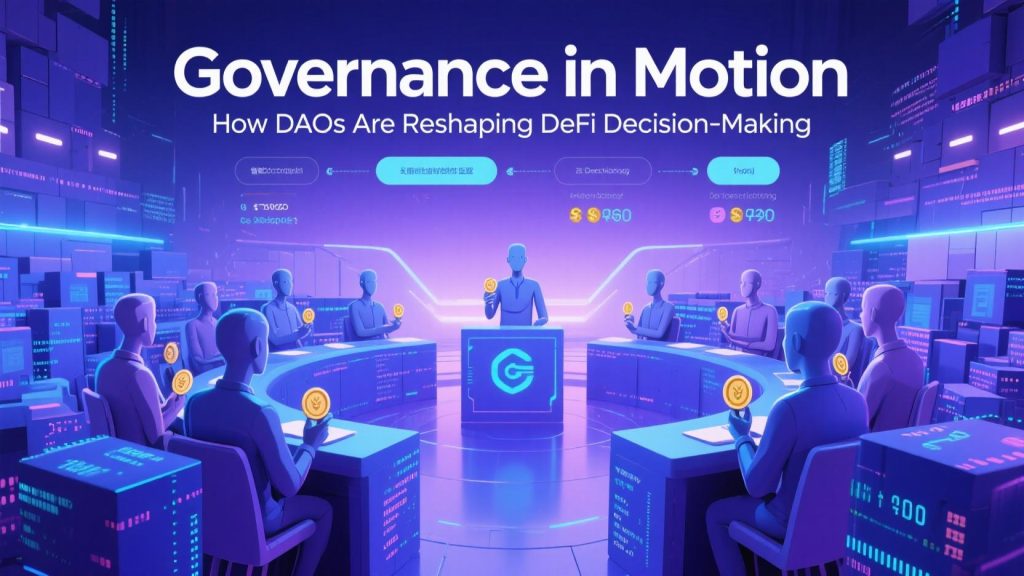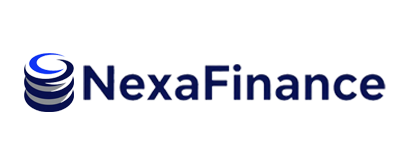From Token Voting to Collective Coordination in Financial Systems
At the core of DeFi’s promise lies a radical idea: that financial systems can be governed by communities, not corporations. In 2025, this idea is being put to the test as Decentralized Autonomous Organizations (DAOs) become the backbone of protocol governance, treasury management, and policy evolution.

DAOs: From Voting Clubs to Financial Institutions
In the early days, DAOs were seen as little more than voting portals for protocol upgrades. Today, top-tier DAOs like MakerDAO, AaveDAO, and Curve DAO control billions in assets, manage real-world partnerships, and even hire full-time contributors across the globe.
Their roles include:
Approving protocol updates
Allocating incentive emissions
Managing insurance and stabilization funds
Vetting collateral for lending markets
Governance Tools Are Maturing
To streamline operations, DAOs have adopted modular frameworks such as:
Snapshot: off-chain voting with gasless proposals
Safe: multi-sig treasury controls with role-based permissions
Tally / Agora: on-chain voting interfaces with proposal simulation
Some DAOs are experimenting with quadratic voting and reputation-weighted models, aiming to reduce the influence of whales and encourage broader participation.
Case Study: MakerDAO’s SubDAO Model
Maker has launched a SubDAO architecture, where different “core units” govern specific functions like RWA integration or DAO tooling. These sub-groups have their own budgets, mandates, and community-elected leads — resembling decentralized departments in a flat organization.
“We don’t need a CEO — we need alignment and accountability,” says Felix Ando, a governance facilitator at a major lending DAO.
Challenges and Critiques
Despite progress, DAO governance faces headwinds:
Low voter turnout, especially from small holders

Token-based plutocracy, where large holders dominate
Proposal fatigue, as decision-making becomes bureaucratic
Innovative solutions include delegated voting, governance incentives, and the rise of “meta-governance” protocols that coordinate decisions across multiple DAOs (e.g., Lido, Yearn).
Key Takeaway
DAOs are not just vote buttons — they are living institutions guiding DeFi’s evolution. As tools mature and communities professionalize, DAO-based governance could rival — or even outperform — traditional corporate models in transparency, agility, and inclusivity.
